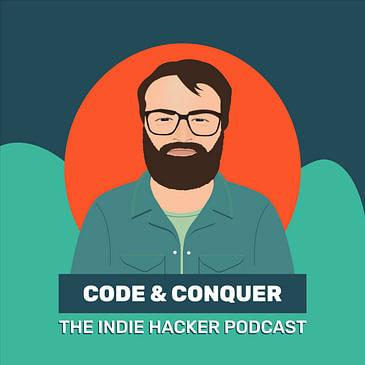I sat down with Juho Makkonen, founder of the marketplace platform ShareTribe, to discuss his unique approach to building a mission-driven, “steward-owned” company.
We covered Juho’s journey creating ShareTribe, combining no-code convenience with developer extensibility. He shared his motivation behind structuring the company through a stewardship model, where employees hold voting control.
Juho explained how ShareTribe makes decisions, distributes profits, and stays focused on purpose over profits. He also discussed his passion for exploring stewardship principles more broadly.
His advice to entrepreneurs - know your “why” and ensure alignment between your motivations, business structure, and funding.
---
ShareTribe's website: https://www.sharetribe.com
ShareTribe's Balanced Blog: https://www.sharetribe.com/balanced/
Juho's Twitter: https://twitter.com/Kusti
My own website: https://icebearlabs.com You can find this podcast on https://codeandconquer.fm
Find our product here: https://repodcasted.com

